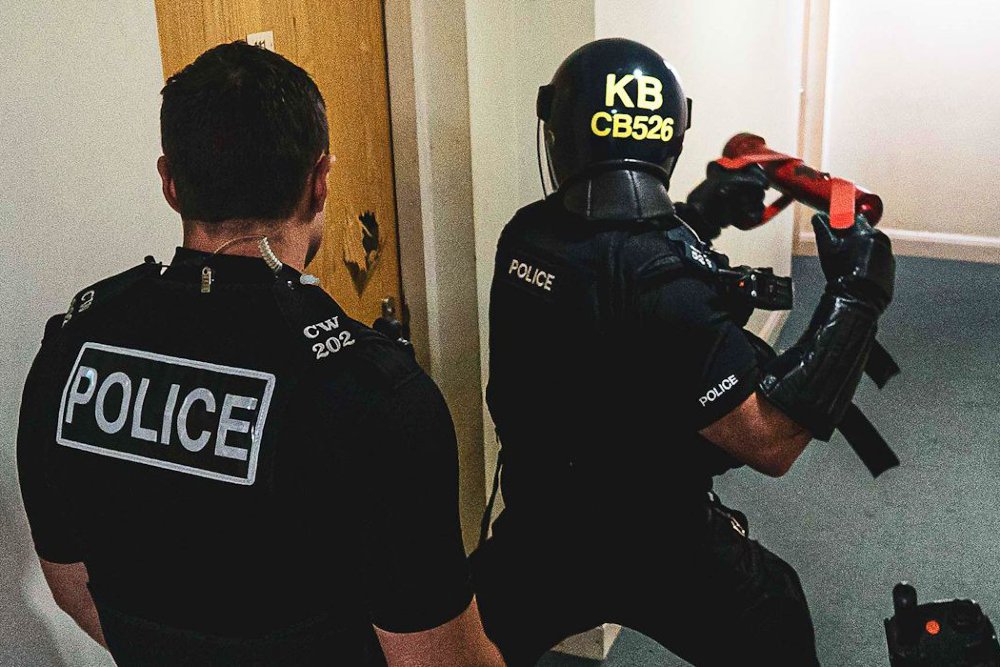
During just one week from 14 to 19 September, as part of the latest phase of coordinated law enforcement activity across the UK, officers in Sussex said they made 29 arrests, and seized more than £15,000 worth of drugs, 47 mobile phones, and 13 weapons, mainly knives.
In the same week, local officers visited 68 addresses where people were at risk of being 'cuckooed' to check on their safety.
They also identified and took safeguarding action for five particularly vulnerable people who needed extra help and support from the police and local services.
In Horsham on Friday 18 September, local Prevention officers executed a warrant at an address in the town.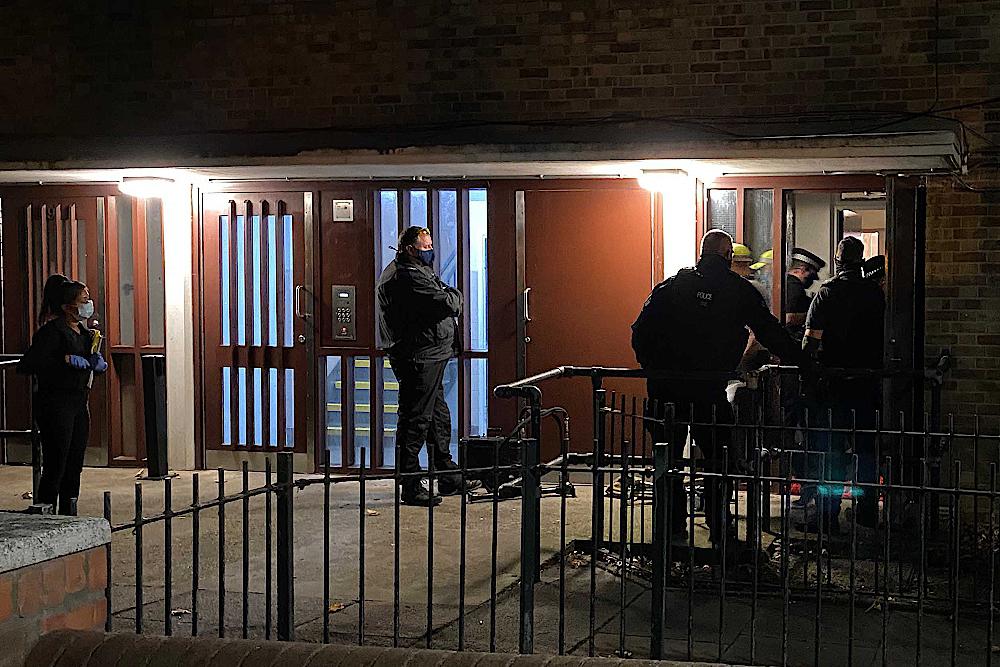
The photograph below shows the moment police entered to ensure any evidence could be quickly seized.
Three arrests were made for drugs possession, and drugs and £500 cash were seized.
In Hastings, on Tuesday 15 September, officers from the local Prevention team executed six simultaneous search warrants at addresses across Hastings and St Leonards.
Two people were arrested, and crack cocaine and around £6000 in cash were seized, together with some £10,000 worth of designer clothing.
Meanwhile, on the same day and with the assistance of the Metropolitan Police, Hastings officers secured the arrest of two men in North and East London who were wanted on suspicion of being concerned in supplying Class A drugs.
In combined Sussex and British Transport Police operations at Worthing and Brighton railway stations on Wednesday and Friday, a total of 56 people were stopped and spoken to about County Lines drug-dealing offences.
This refers to drugs originating in cities making their way to rural areas, often carried by vulnerable or coerced people who might be very young.
Two arrests were made a Brighton for drugs supply offences, and one of them for possession of large hunting knife.
Many other people at both stations were engaged in wider discussion about the issue and the steps they can take to help.
During the operation at Brighton railway station, officers saw a 16-year-old girl from Buckinghamshire, who was particularly vulnerable to exploitation and safeguarding action was taken to help protect her.
The West Sussex Community Investigations Team carried out a joint operation with the Metropolitan Police in South London on Wednesday 16 September which resulted in the arrest and charge of a 20-year-old man for being concerned in the supply of 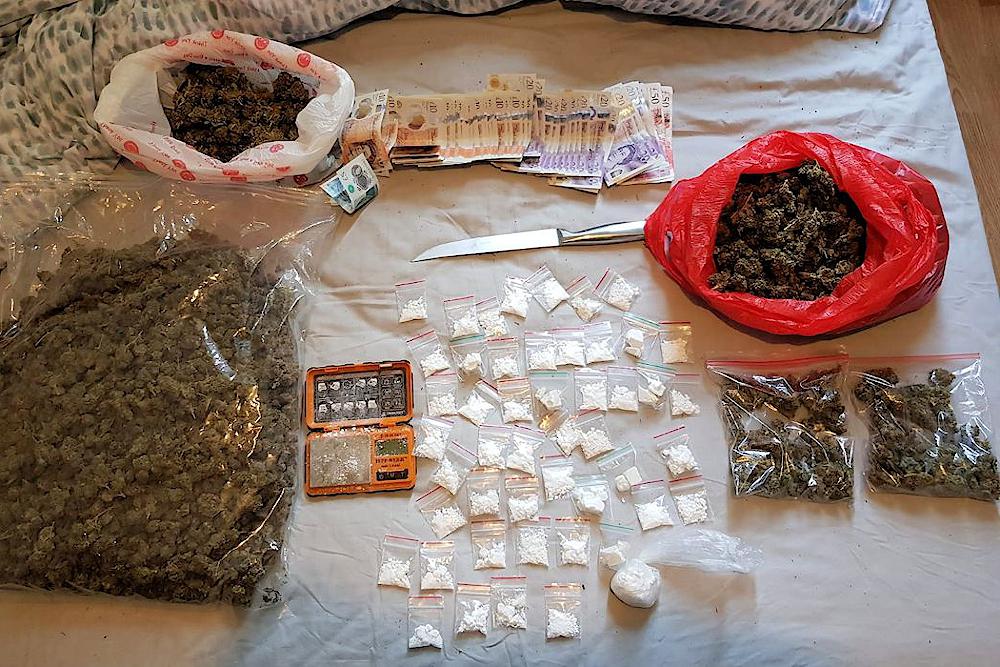 Class A drugs in West Sussex.
Class A drugs in West Sussex.
On Thursday 17 September, officers executed a search warrant at an address in Church Road Hove, where they arrested a man and a woman on suspicion of possession of cannabis and cocaine with intent to supply. Drugs with an estimated street value of £10,000 were seized (pictured here).
On the same day local officers in Eastbourne stopped a woman from West London in Seaside and arrested her on suspicion of conspiracy to supply Class A drugs.
They seized heroin, crack cocaine, and a mobile phone.
Again on the same day, Crawley officers arrested a man in the town centre for possession of Class A drugs with intent to supply, and for assaulting a police officer.
Detective Superintendent Stuart Hale, the force's lead on combating county lines, said:
"Even during the recent lockdown we have been continuing every day to disrupt dealers who try to deal dangerous drugs across our communities and we target those who use children to sell drugs or those who buy drugs from children.
"We investigate and prosecute, working relentlessly and targeting those who would bring harm to local people, including often the most vulnerable."
Police added that the the pandemic had presented extra opportunities for disruption.
Reduced transport in the early stages of the pandemic hampered the abilities of gangs to move their contraband.
This led to reduced travel and supply and the commodity becoming more expensive.
Officers believe that criminals were operating in a more dangerous environment.
There were fewer people around, and reduced demand on police in the initial phases meant that officers, nationally, could increase their preventive work.
It became riskier to transport goods by road and public transport.
As restrictions have lifted, police have started to see those involved in this criminality trying to return to their normal methods of operation.
They said that the streets are busier, and drug-dealers' criminality is less visible.
D.I. Stuart Hale added:
"Local crime is often a direct result of major drug distribution via county lines and by working together with partners to shed a light on this often hidden crime.
"We are sending a clear message to drug dealers that they cannot expect to go undetected in Sussex.
"The organised crime groups tend to use a local property, generally belonging to a vulnerable person, sometimes a drug user, as a base for their activities.
"This is known as 'cuckooing' and will often happen by force or coercion.
"In some instances victims have left their homes in fear of violence.
"Much police work involves identifying these victims and helping them.
"Police continue to see children being exploited by criminal gangs to supply drugs in Sussex.
"We have experienced children travelling from London to Sussex to deal drugs on behalf of county line gangs as well Sussex children being exploited and targeted by London gangs to deal drugs locally.
"Our priority is to identify those children at risk of criminal exploitation and once identified work with partner agencies to put the appropriate safeguarding measures in place. "
The areas in Sussex most effected by the drug trade from London are the larger coastal towns, with established drugs markets that can be exploited locally, including Hastings, Eastbourne, Worthing, Bognor, and Brighton, but also towns such as Crawley.
D.I. Stuart Hale said:
"Under the overall campaign banner 'Fortress' we use the range of legal powers to tackle this problem, ranging from the Misuse of Drugs Act to Modern Slavery and Human Trafficking legislation.
"We also work closely with other agencies to support those vulnerable adults and children who are exploited by county line gangs.
"This includes regular visits to those adults at risk of cuckooing and raising awareness with those agencies engaged with children to ensure that information is shared effectively to prevent young people being drawn in to this criminality."
Police believe there are currently some 90 'deal lines' in operation in Sussex at any one time, often overlapping with other force areas, but that figure fluctuates on a regular basis.
A ‘deal line’ is the dedicated mobile phone line to take orders from drug users.
But officers said the County Lines response isn’t just a policing one.
They emphasised that effective collaboration between law enforcement and safeguarding organisations and also the private sector industries is a vital part of both the national and local response.
Members of the public can also help.
Police said the best advice is to trust your instincts — if somebody shows signs of mistreatment, or a child seems to be travelling long distances or is unfamiliar with a locality, suspicions can be reported to local police on 101 or to the Sussex Police website — or to British Transport Police if it's believed illegal activities are occurring on the railway network.
As part of the Intensification Week, The Children’s Society has rolled out its #LookCloser awareness campaign across all force areas in partnership with the police.
The campaign encourages professionals and the public to ‘Look Closer’ for signs that a child may be at risk of criminal exploitation. For details of the campaign see their website.

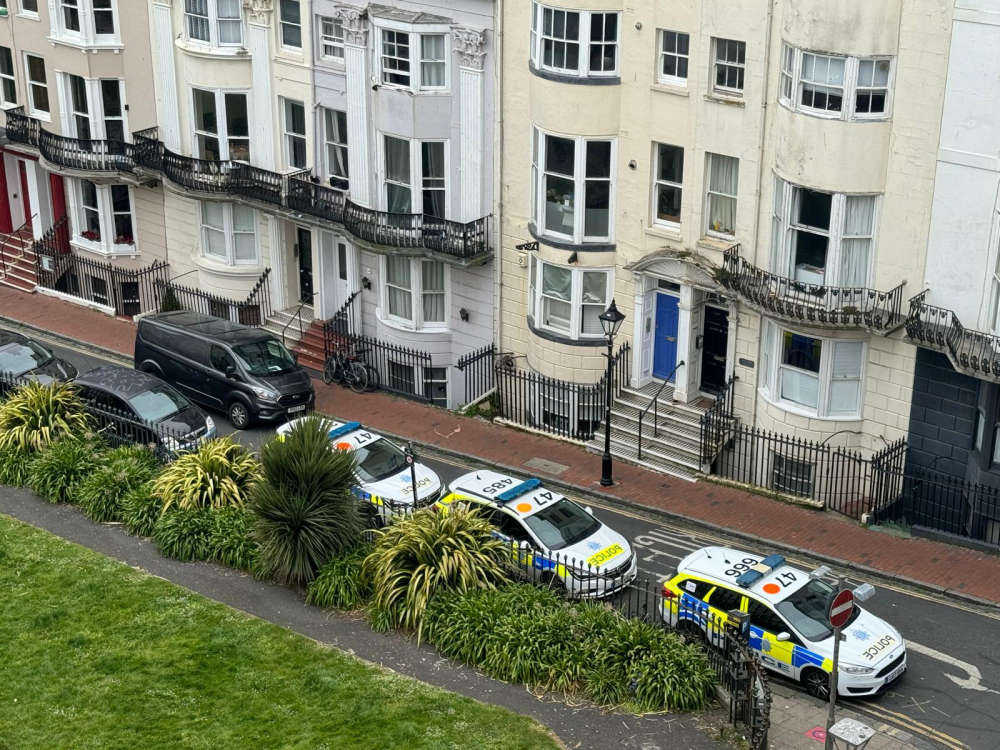 Two Arrested After Woman Dies In Brighton Hotel
Two Arrested After Woman Dies In Brighton Hotel
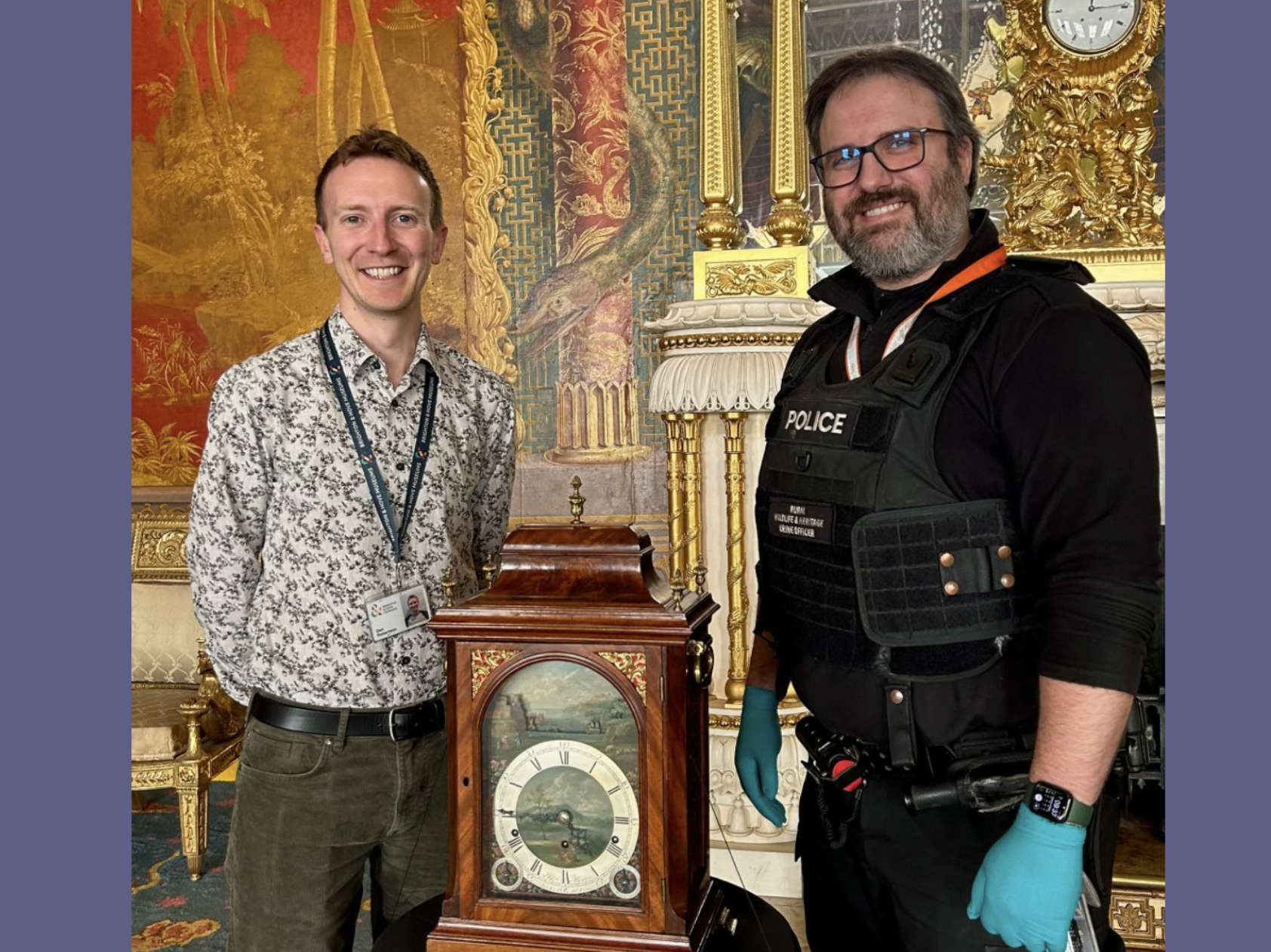 Antique Clock Returned To Brighton Museum Following 2001 Theft
Antique Clock Returned To Brighton Museum Following 2001 Theft
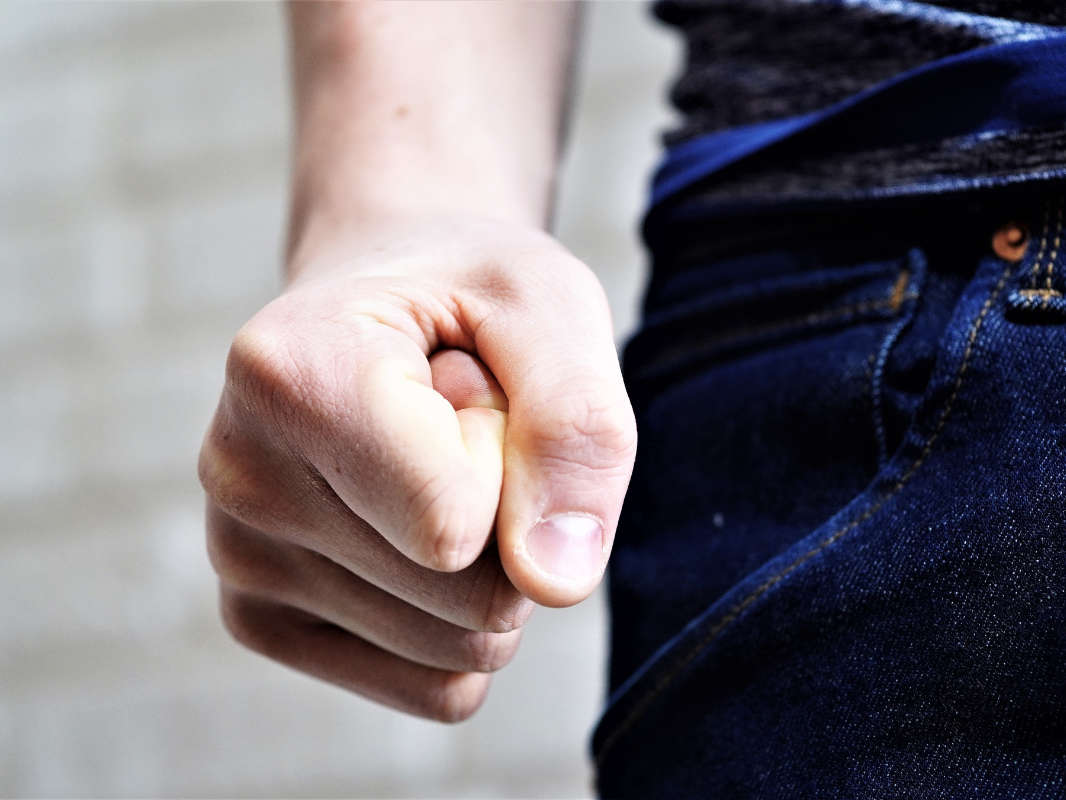 Shop Thief Faces Sentencing Over East Sussex Incidents
Shop Thief Faces Sentencing Over East Sussex Incidents
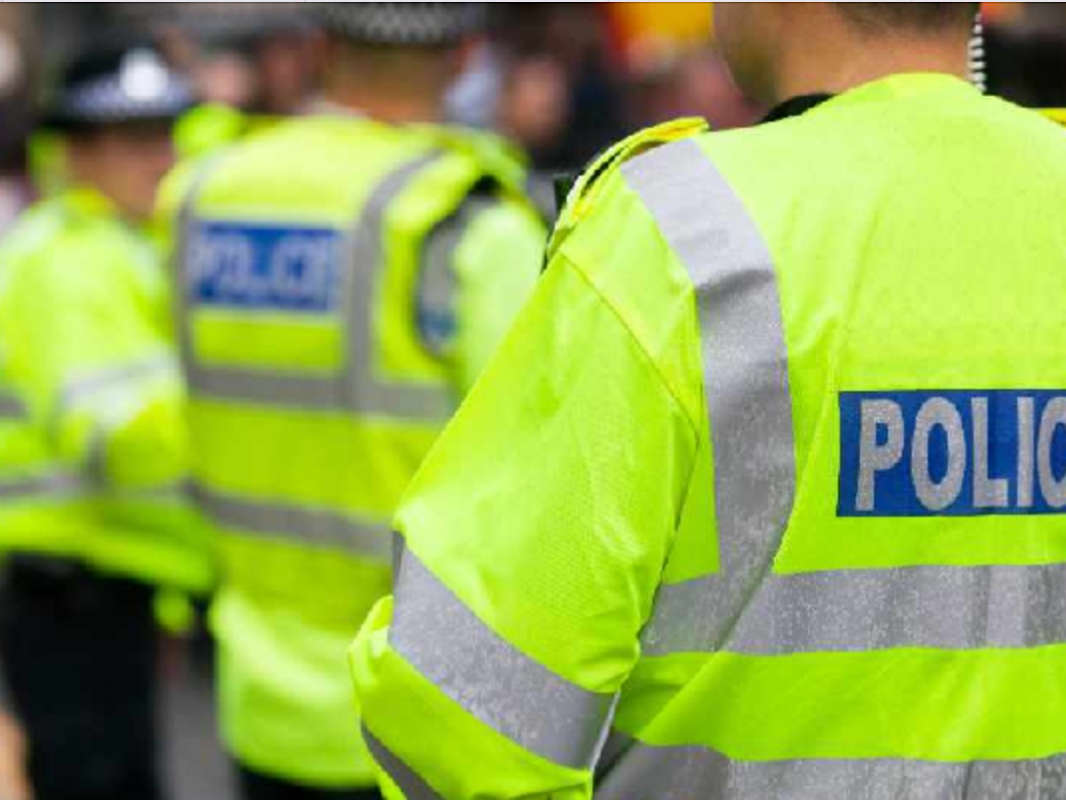 Appeal After Woman Assaulted In Brighton
Appeal After Woman Assaulted In Brighton
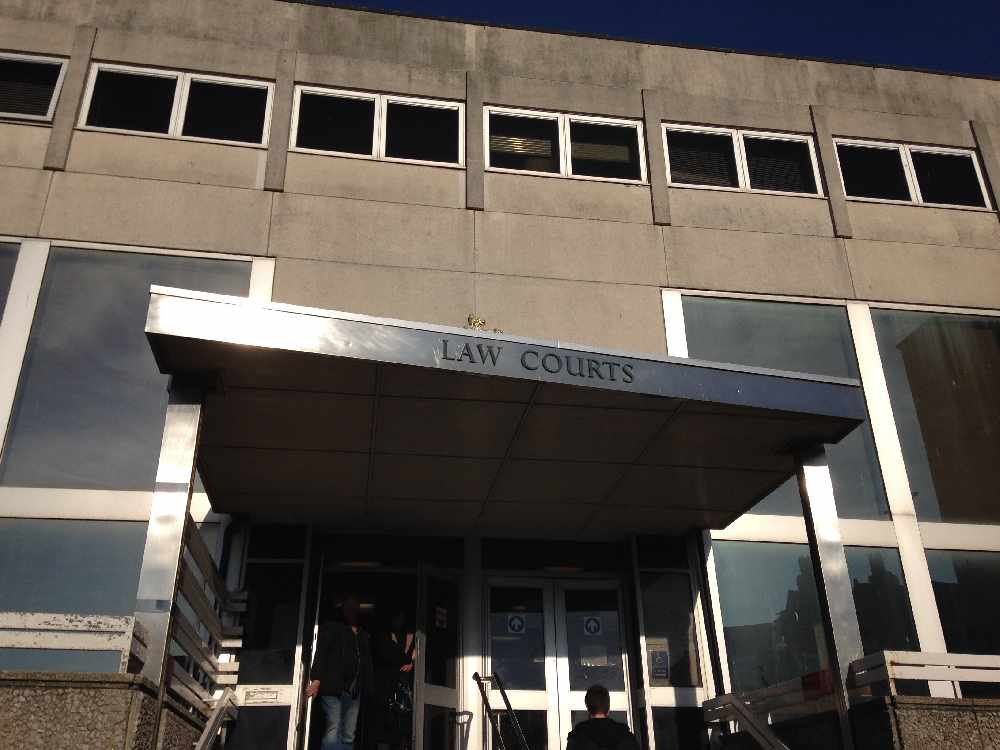 Man Charged Over Bexhill Arson
Man Charged Over Bexhill Arson
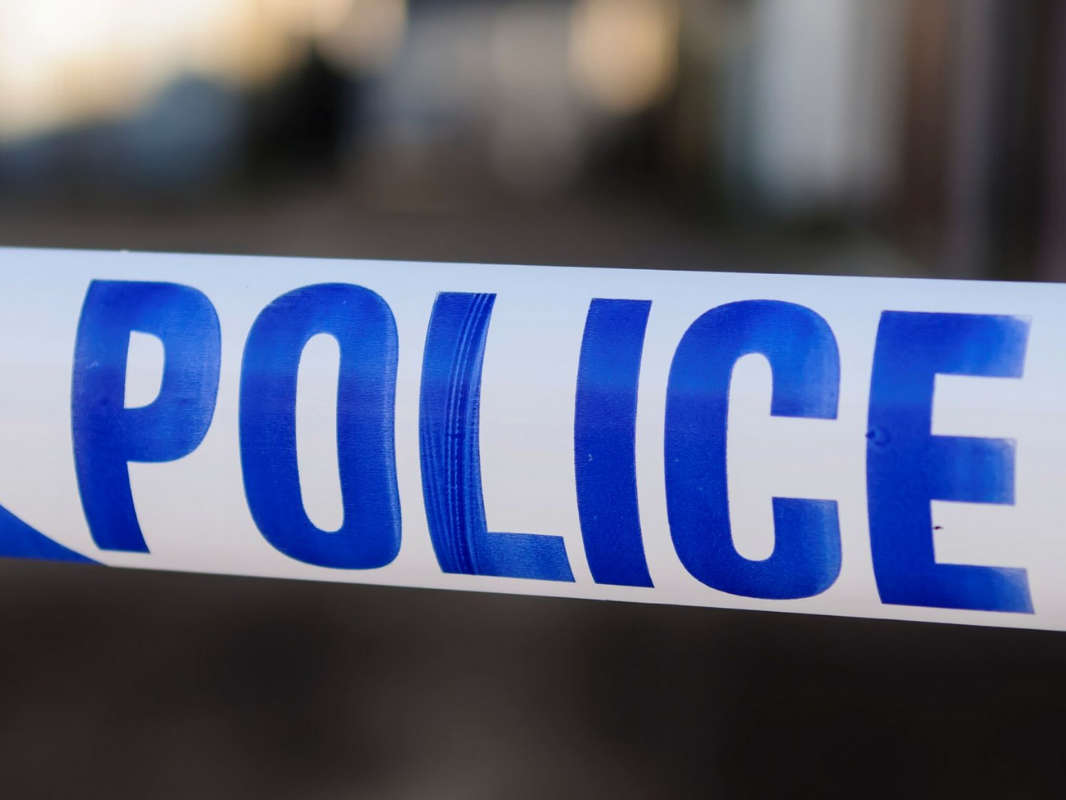 Witness Appeal Following Eastbourne Hit-And-Run
Witness Appeal Following Eastbourne Hit-And-Run
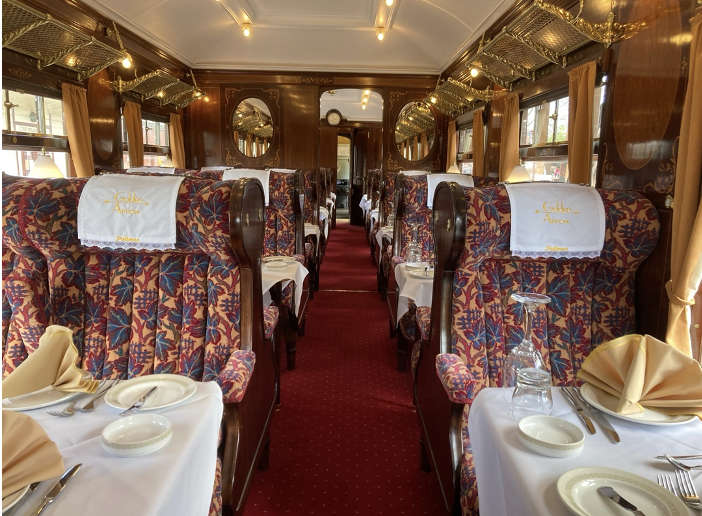 Wheelchair Accessible Dining Car Launches At Uckfield's Bluebell Railway
Wheelchair Accessible Dining Car Launches At Uckfield's Bluebell Railway
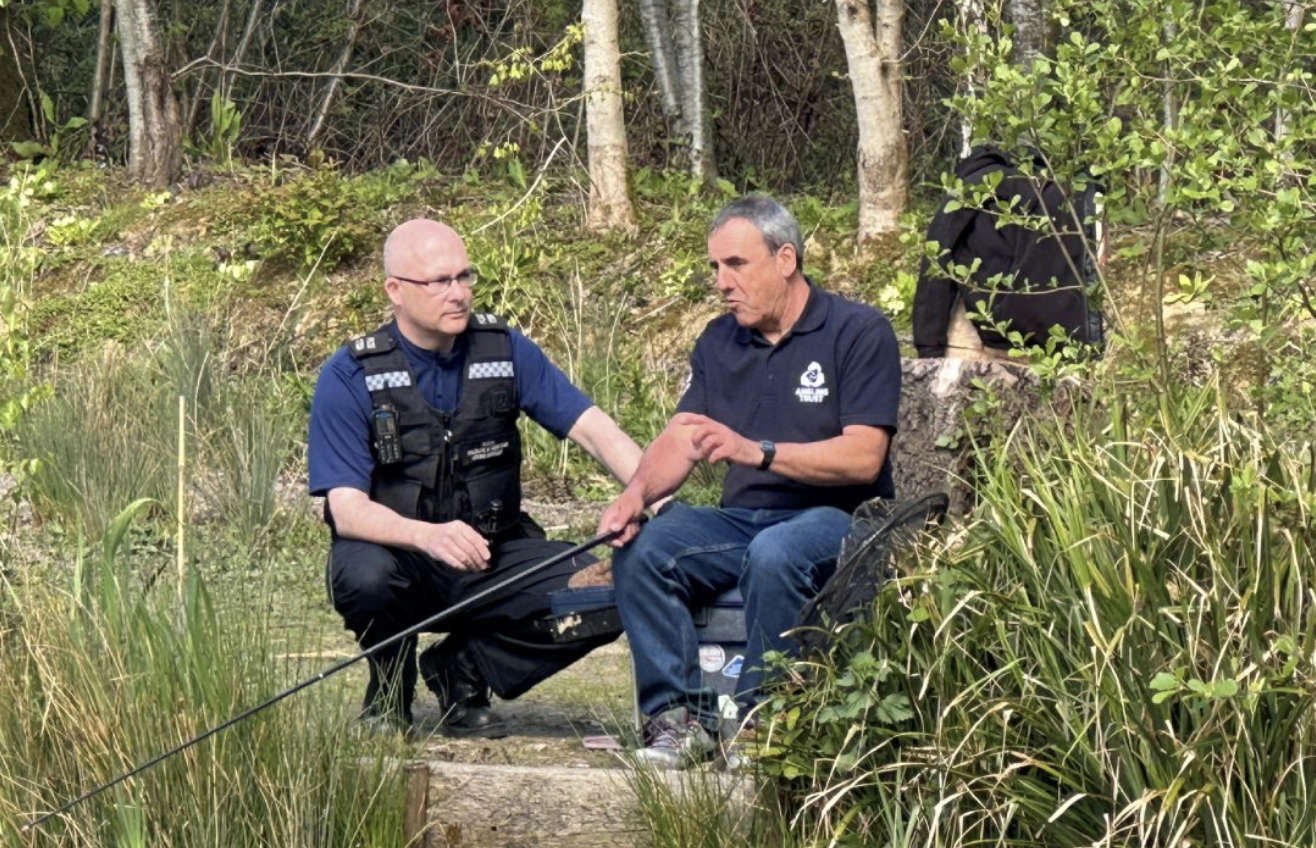 Grant Given To Pulborough Fishing Club To Help Reel In Youngsters
Grant Given To Pulborough Fishing Club To Help Reel In Youngsters
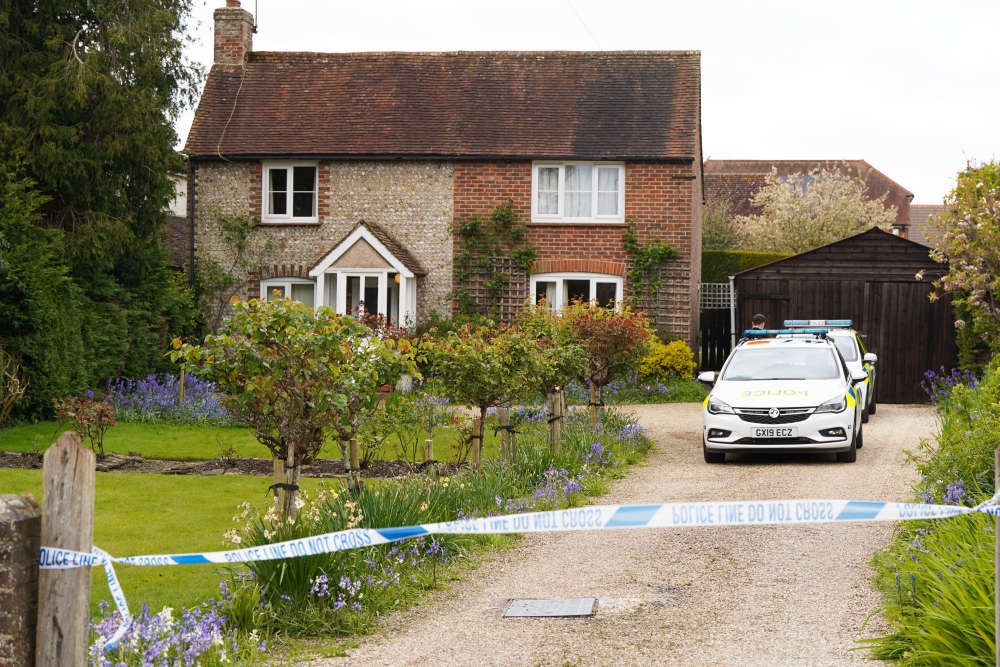 Investigation After 83-Year-Old Woman Found Dead In Tangmere
Investigation After 83-Year-Old Woman Found Dead In Tangmere
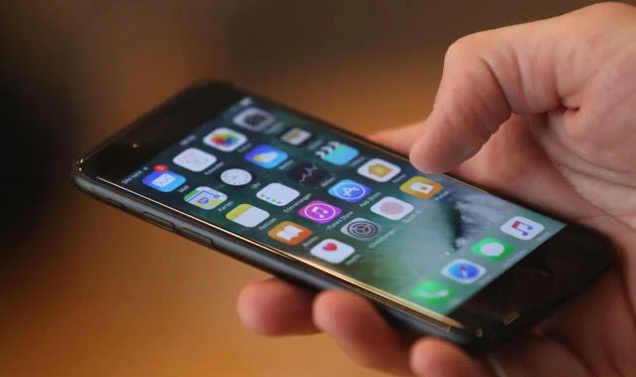 New App To Help Sussex Residents Prepare For The Future
New App To Help Sussex Residents Prepare For The Future
Comments
Add a comment